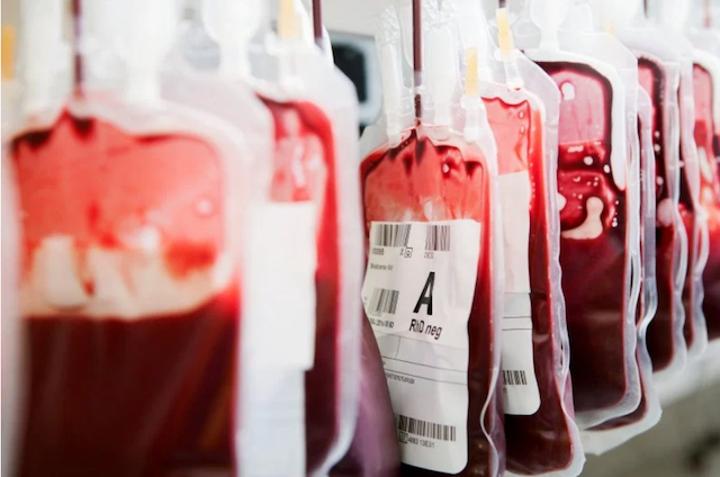Africa-Press – Namibia. JOHN-COLIN NAMENE and MERCY KARUUOMBE COVID-19 regulations have affected access to blood donation and subsequently reduced stock levels, according to the Blood Transfusion Service of Namibia (NBTS).
NBTS spokesperson Titus Shivute told The Namibian recently that Covid-19 regulations, which demands people operate more remotely, makes it difficult to collect blood.
“During the months of June and July, we had to cancel numerous donation drives, due to various factors such as the increase in Covid-19 cases and regulations around Covid-19,” Shivute said.
Shivute said that this resulted in major blood shortages at hospitals and medical centres around the country, prompting them to rework their supply strategy in order to bridge the gap between what the hospitals demand and what NBTS can supply.
Their new strategies involve offering transport to donation venues and scheduling more blood drives, among other initiatives, Shivute said. NBTS recently opened a new centre in Windhoek, which is more spacious and allows for social distancing.
Additionally, he says NBTS will start operating one Saturday per month to accommodate individuals who cannot donate during the week. Responding to fears from the public that they cannot donate after having been vaccinated, Shivute said there is a waiting period between a person’s vaccination and when they can donate again.
“Once you have received your vaccination, you need to wait seven days as advised by the World Health Orginisation (WHO). This applies to both doses,” he said.
Shivute said the WHO also advised that donors need to wait 28 days from the date of Covid-19 recovery to be eligible to donate again. A regular blood donor, Alfons Hamunyera (21) said he has not donated blood since 2020 due to the pandemic.
He added that he is always busy and it was easier for him to donate before the pandemic as NBTS would come to his campus. “It was quite easy for one to donate blood because it was everywhere and there were no complications with Covid-19,” Hamunyera noted.
He said he is, however, planning on acquiring more information about Covid-19, the vaccines and their effect on blood donations so that he can continue donating.
Chandre Roman (22), who started donating in 2015, concurred with Hamunyera. Roman explained that NBTS used to come to her school and this made it easier for her to donate blood.
“The only reason I have not donated blood is because blood donations pop ups are not as accessible now as they were before,” Roman said.
Twenty-eight-year-old Joe Indongo has been a blood donor for over 10 years now, donating every two months. “If I were to find myself in the position where I need blood, I would like someone to assist me.
This pushes me to lead a healthier lifestyle to ensure that I am giving the healthiest blood possible,” Indongo said. He added that recently, he has not been donating regularly due to working from home.
“As soon as regulations were lifted I continued, but otherwise the pandemic has not demotivated me from donating, it has just slowed down how often I go,” Indongo said.
Indongo fears that a shortage of blood might have a ripple effect on those in dire need. You would want to have those [rare blood types] in stock because it could also have an effect on raising the cost of blood,” he added.






